July 20, 2017
Zoe Bios: Chapter 3 – Perspective
THE FOLLOWING ARE PHOTOS FROM MY DNA TREK AND EXCERPTS FROM THE BOOK.
Page 54:
A month after my trip to Jerusalem, I traveled to Egypt in pursuit of a deeper understanding of Israel’s relationship with its neighbor. I wanted to get a broader Muslim perspective of what is happening between Israel and the Palestinians.
Page 55:
When you drive into Cairo, you enter a black and white world. All color is lost in the thick pollution clogging the air (offering one of if not the very worst air quality in the region). It soon chokes your lungs and deposits a dirty film upon just about everything. Hair, skin, buildings, and possessions—everything shows decades of layers. Litter clutters the streets, coupled with unemployed and disadvantaged persons. The upper percent was nowhere to be found outside television and corruption.
Page 56:
At the time, I remembered that a few years earlier one of Egypt’s most prominent political dissidents and one-time presidential candidate, Ayman Nour, was unexpectedly released from prison after the United States and European governments had pressed for years to have him set free. Mr. Nour’s imprisonment ended Egypt’s brief experiment with opposition politics. His Al Gahd Party was the only legal opposition; it had a thriving anti-establishment following. In 2005, Mr. Nour garnered 600,000 votes in his bid for the presidency, placing a distant second behind Mr. Mubarak in a race controlled by the president’s governing party.
As I explored Egypt, I repeatedly asked myself, “Where are the dissident voices of today?” They were nowhere to be found.
Page 57:
This relationship is critical, which is why the United States and President Barack Obama leveraged Cairo as the location for an important speech on and directed to the Muslim world.
During this speech, Obama highlighted human rights, taking aim at terrorist organizations that do not represent the majority of Muslims and pledging friendship with peaceful Arab and Muslim nations and communities.
And though I don’t think he lived up to the brilliantly orated rhetoric, I believe he was saying the right things and sending the right signals.
“Mutual interests and respect” were his central points.
Page 60:
The Muslim men I spoke to unanimously said that more than anything else, Islam is a culture of good people and that the radical fundamentalists did not represent them.
Page 62:
The British occupied the land of Palestine after the fall of the Ottoman Empire and before handing the rights over to Israel. To say that a different way, Western power colonized Palestine for many decades before making a decision to give it back, and when they relinquished their rights to the land, they did not give it back to the Palestinians. They gave it to the Jewish people.
Page 64:
To put this in better perspective, let’s take a deeper look into U.S. foreign aid in 2001, again, before the worst terror attack on America.
The top three recipients of financial aid supplied by the United States in 2001 were as follows: Israel with $2.82 billion, followed by two out of three Israeli neighbors; $1.987 billion for Egypt, and $0.227 billion for Jordan.
A third of all foreign aid goes to Israel. Egypt also receives a significant amount of aid, mostly to protect Israel.
Page 69:
When that didn’t work, the League of Nations cut loose and ran, sending money to Israel whenever needed. They essentially bought themselves a strategic Middle Eastern ally. It was seen as a defense of our oil and economic interests and a defense against the Russian influence in the region.
All of this makes me think of the old adage “you reap what you sow.”
Zoe Bios is available on Amazon in print and on Kindle. Get it today!
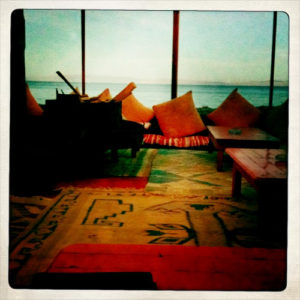
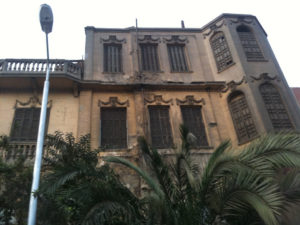
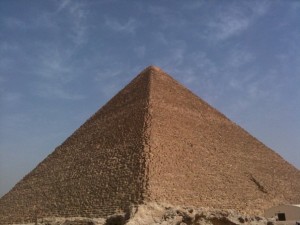
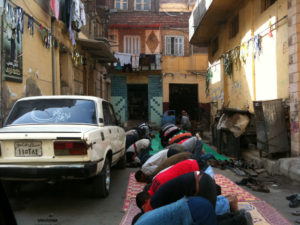
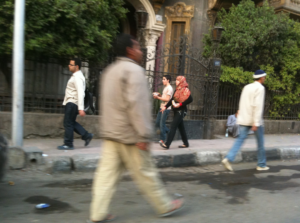
0 Comments
Leave A Comment